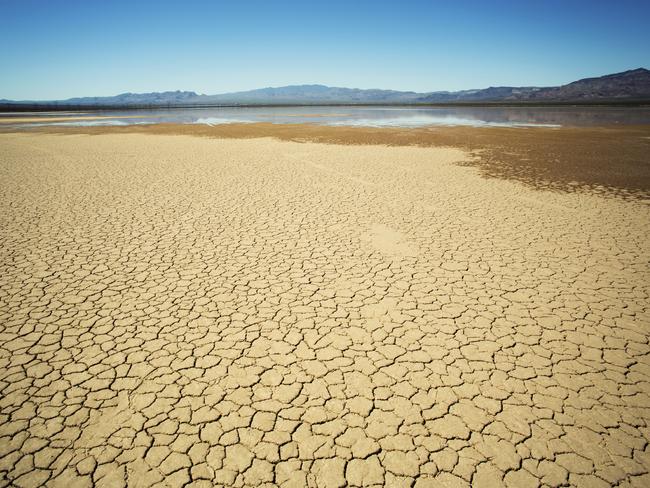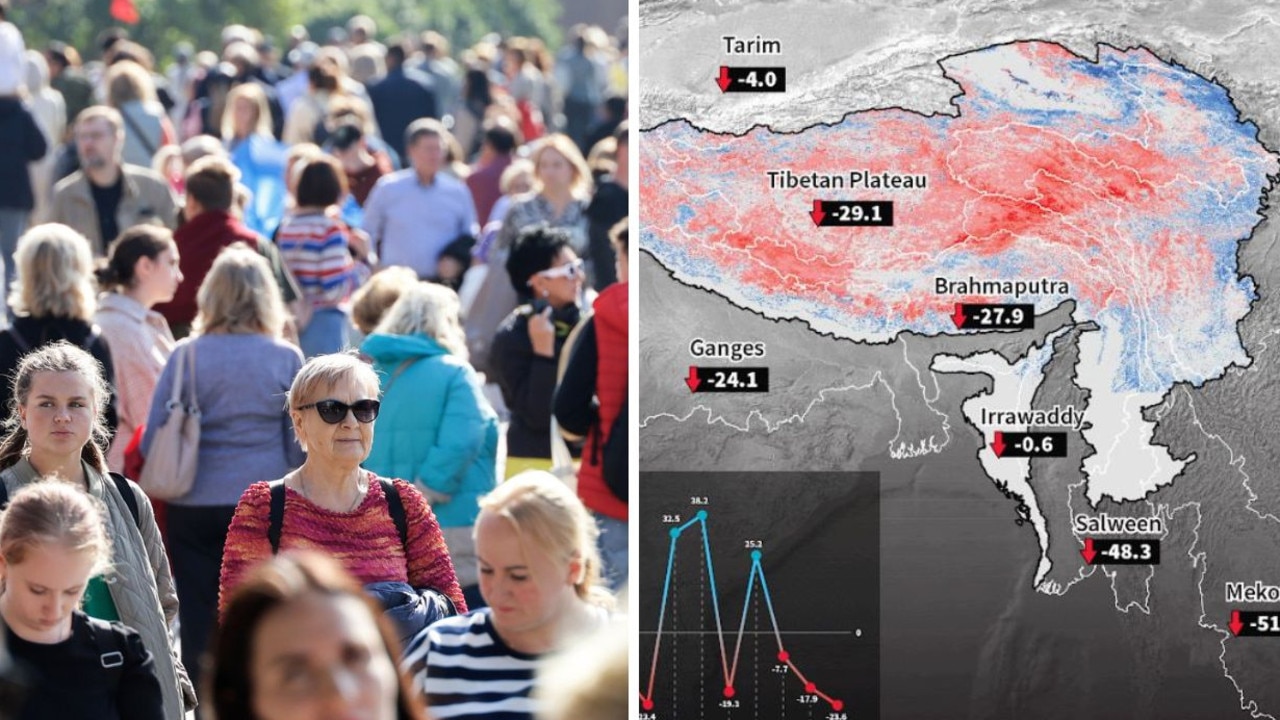Pack your bags: This country could be immune to climate change
AS THE threat of global warming looms ever larger, scientists are offering up ideas for where we should move to ensure we survive the longest.
THE devastating effects of climate change loom ever larger, casting doubt on the future of civilisation.
As scientists issue ever scarier warnings about this global crisis, some are trying to be optimistic, throwing out ideas for the where the last safe place on the planet may be.
The latest suggestion for our pre-disaster relocation plans? Switzerland.
James Hansen, director of climate science at Columbia University’s Earth Institute, offered this hypothesis to The Atlantic after his new research warned of catastrophic consequences of ice melts, super storms, and sea levels that could rise by more than 10 feet in the next 50 years.
For a start, this famously neutral European country is landlocked, which provides some protection from the ocean. It’s also mountainous, and an elevated position could keep us away from the floods, sheltering in some modern-day version of Noah’s ark.
Affluent Switzerland also takes its neutral status seriously when it comes to carbon. The nation was first to submit its intended nationally determined contribution (INDC) to the international climate body, in February this year.
It made an impressive commitment to reduce emissions to 50 per cent of what they were in 1999 by 2030, while the US only promised to reduce them by 32 per cent compared to 2005. Australia has not made a submission.
Other landlocked, mountainous spots don’t measure up, say the experts, because of their more extreme temperatures. For example, in Denver, Colorado, climate change could make droughts worse and harm water quality.
Switzerland sounds like a haven, but there’s not a consensus here. The Atlantic argues that warmer temperatures mean more melting snow, so Switzerland could face debilitating floods and landslides.

Camilo Mora, a geologist at the University of Hawaii, told The New York Times last year that, “The best place really is Alaska … Alaska is going to be the next Florida by the end of the century.”
Such cold and hostile regions, from Russia to Canada to Greenland, could well survive the longest, thanks to their distance from the equator.
Researchers at the University of Notre Dame created the ND-GAIN Country Index, measuring vulnerability to climate change and readiness to adapt. They put Norway at the top of the safe list, followed by Finland, Sweden, New Zealand and Denmark. Australia was the sixth most likely to cope.
Thinkprogress simply advised you make sure you are not on a flood plain or on the coast, and definitely not in a developing country.
Perhaps the most surprising suggestion came from Pennsylvania State University climate science professor Richard Alley, who told The Atlantic that drought- and wildfire-ravaged California would be a good bet.
“The safest place to be for climate change just may be a place where a strong, diversified economy and responsive institutions give the ability and the will to deal with challenges,” he said. “The optimal path for dealing with climate change involves both slowing human causes of climate change and adapting to the changes that will occur on the way, while avoiding both panic and stasis.”
The important factors for survival are political, social and economic power; willingness to adapt; distance from the coast and the equator; altitude; low population density; and access to a healthy balance of natural resources.
It’s a precarious situation. You’d better pack your bags, just in case.



